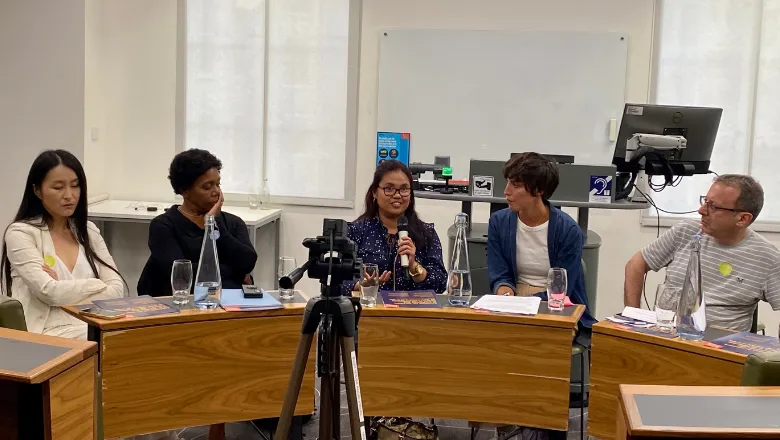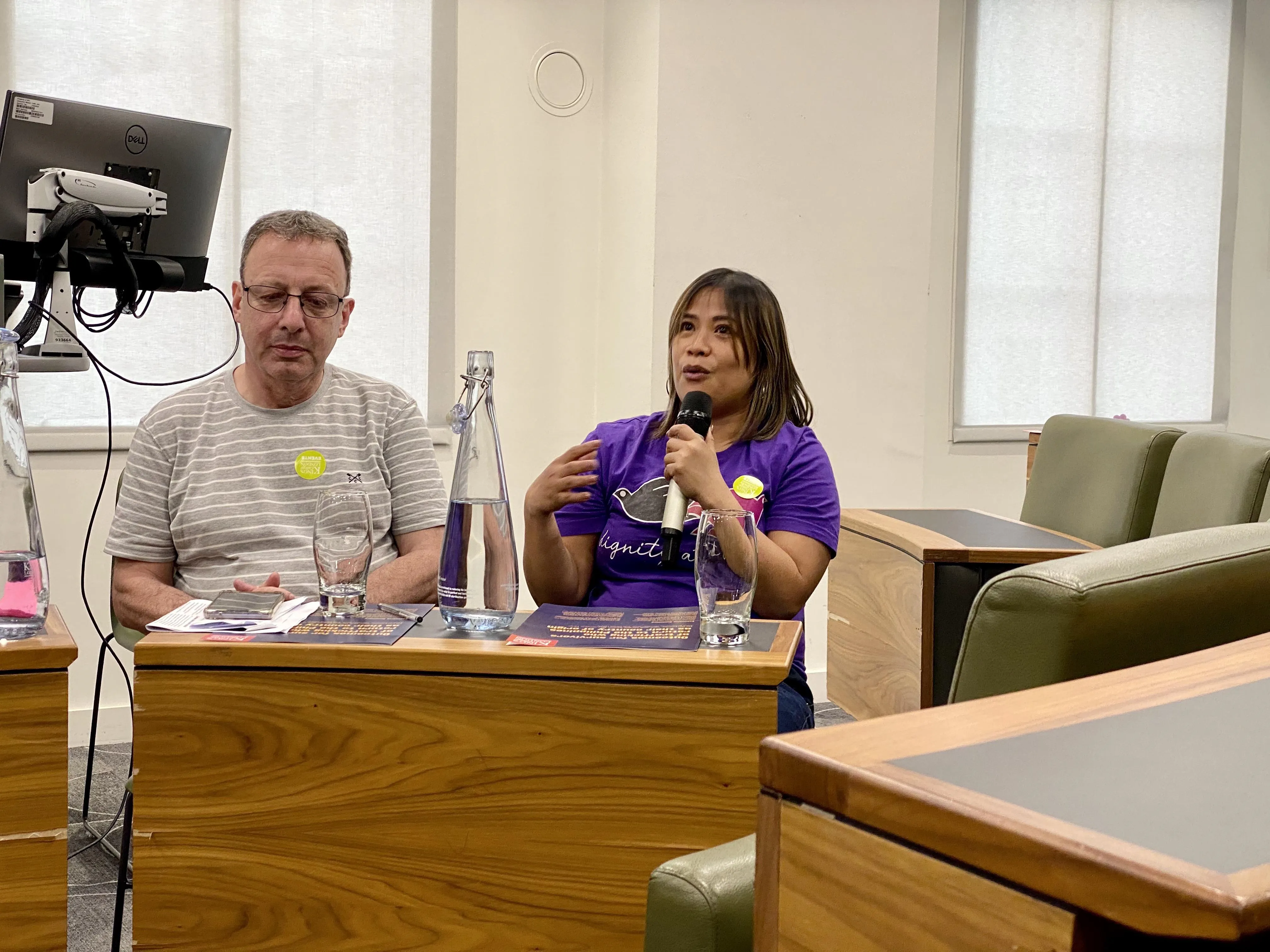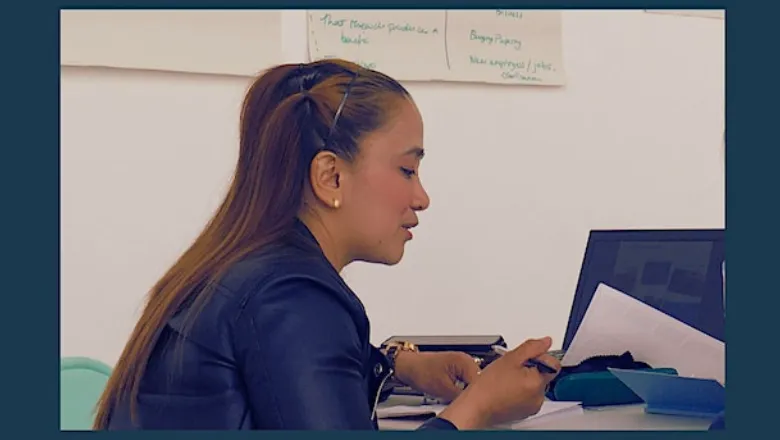The research project, co-designed and facilitated by Dr Ella Parry-Davies, commenced in 2022. It is co-produced with survivors of trafficking and members of The Voice of Domestic Workers, an organisation run by migrant domestic workers advocating for their rights in the UK. Five co-researchers, who are all Filipina domestic workers and trained in research and ethics, conducted 22 online interviews with survivor returnees from the Philippines. The interviewees were approached through co-researchers’ own networks and communities.
The research found that domestic worker survivors of trafficking face significant barriers to accessing support for reintegration in the Philippines. They are also at severe risk of re-trafficking, particularly due to stigmatisation, gender and age discrimination, as well as the perception of domestic work as unskilled.
According to the research findings, 73 per cent of the interviewees had not received any support since their return to the Philippines from the government or any non-governmental organisations. 59 per cent gained some income from employment or a small business (with others relying on borrowed money and family support), but the same number said that they could not meet the cost of basic needs, education or healthcare. 77 per cent of the interviewees had plans to migrate again due to economic and housing insecurity, as well as the costs of education and healthcare. Along with the risks of being re-trafficked, economic and familial pressures made a future in the Philippines impossible for the survivors. Altogether, the report concludes, the Philippines ‘cannot currently be considered a country of origin where effective, appropriate and accessible support is in place for domestic worker survivors of trafficking, or where safe and dignified return with sustainable reintegration is a likelihood’.
The report also includes recommendations for supporting domestic worker trafficking survivors, issued primarily for the UK. Based on the findings, the co-researchers urge the UK government to reinstate the pre-2012 Overseas Domestic Worker visa, to ratify the International Labour Organisation’s Domestic Workers Convention (189) and to ensure that survivors are in leadership and consultation roles when it comes to anti-trafficking research and policy.
Full report Outcomes for survivors of trafficking who return to the Philippines as their country of origin can be viewed and downloaded here.




